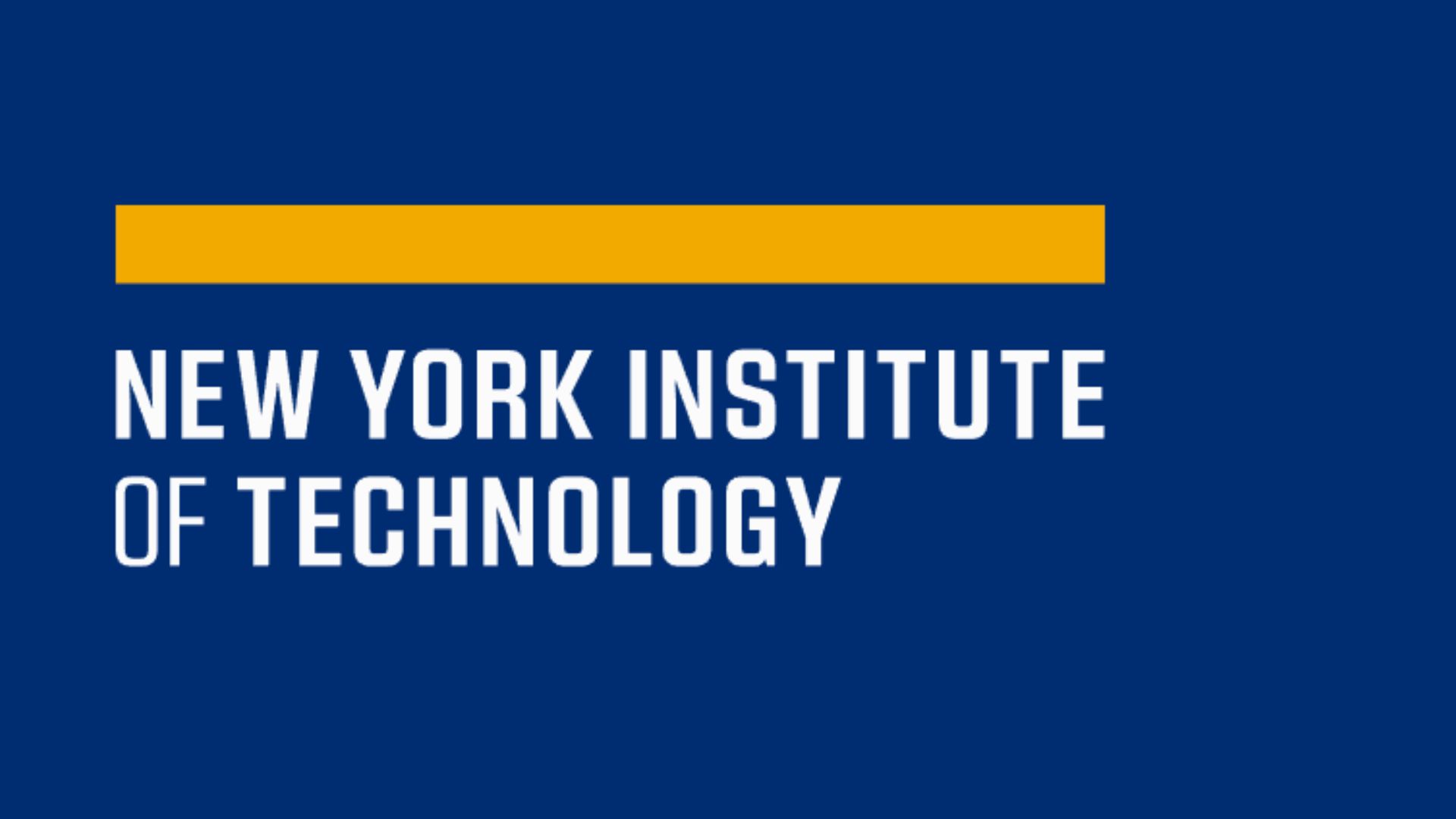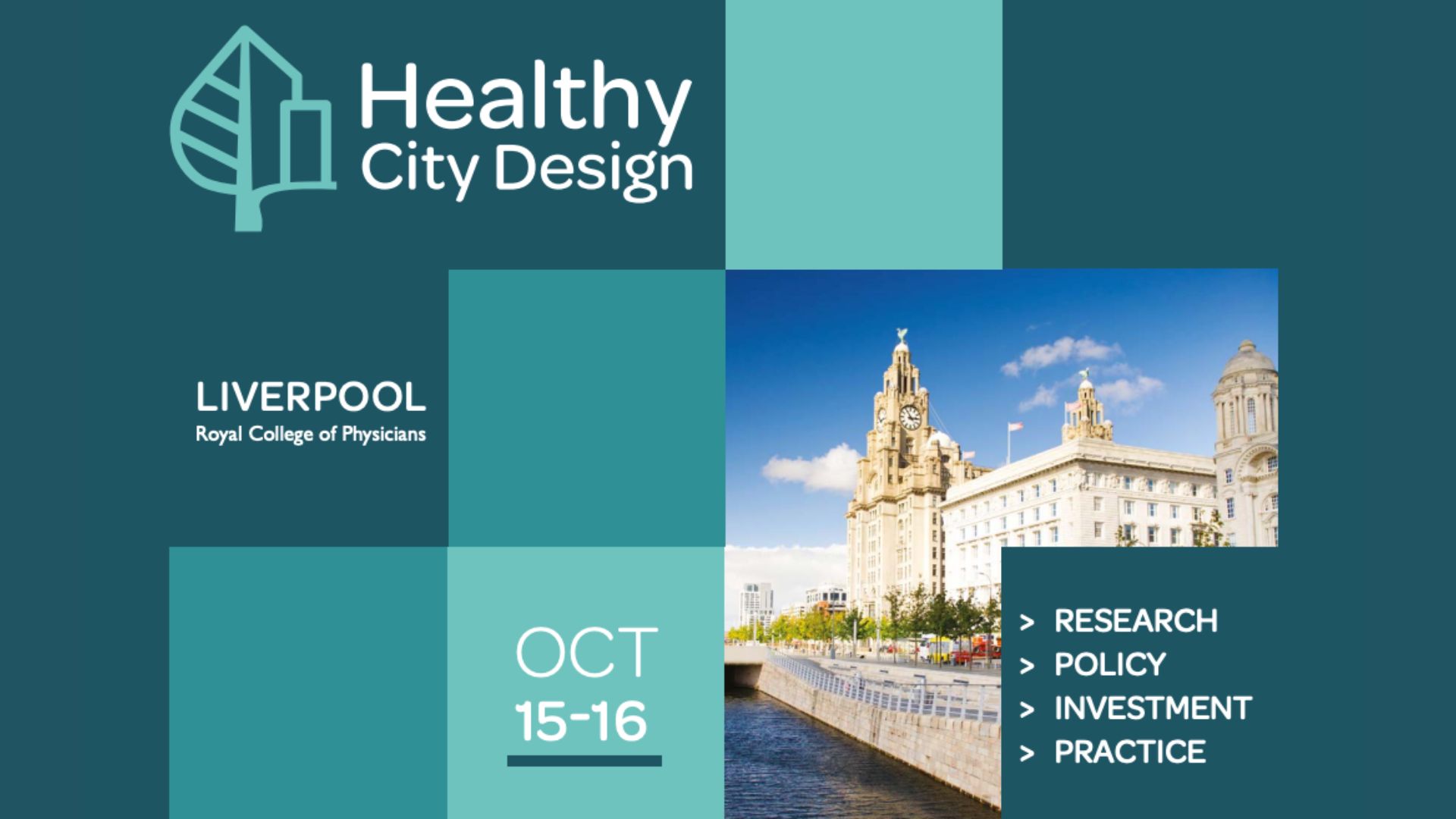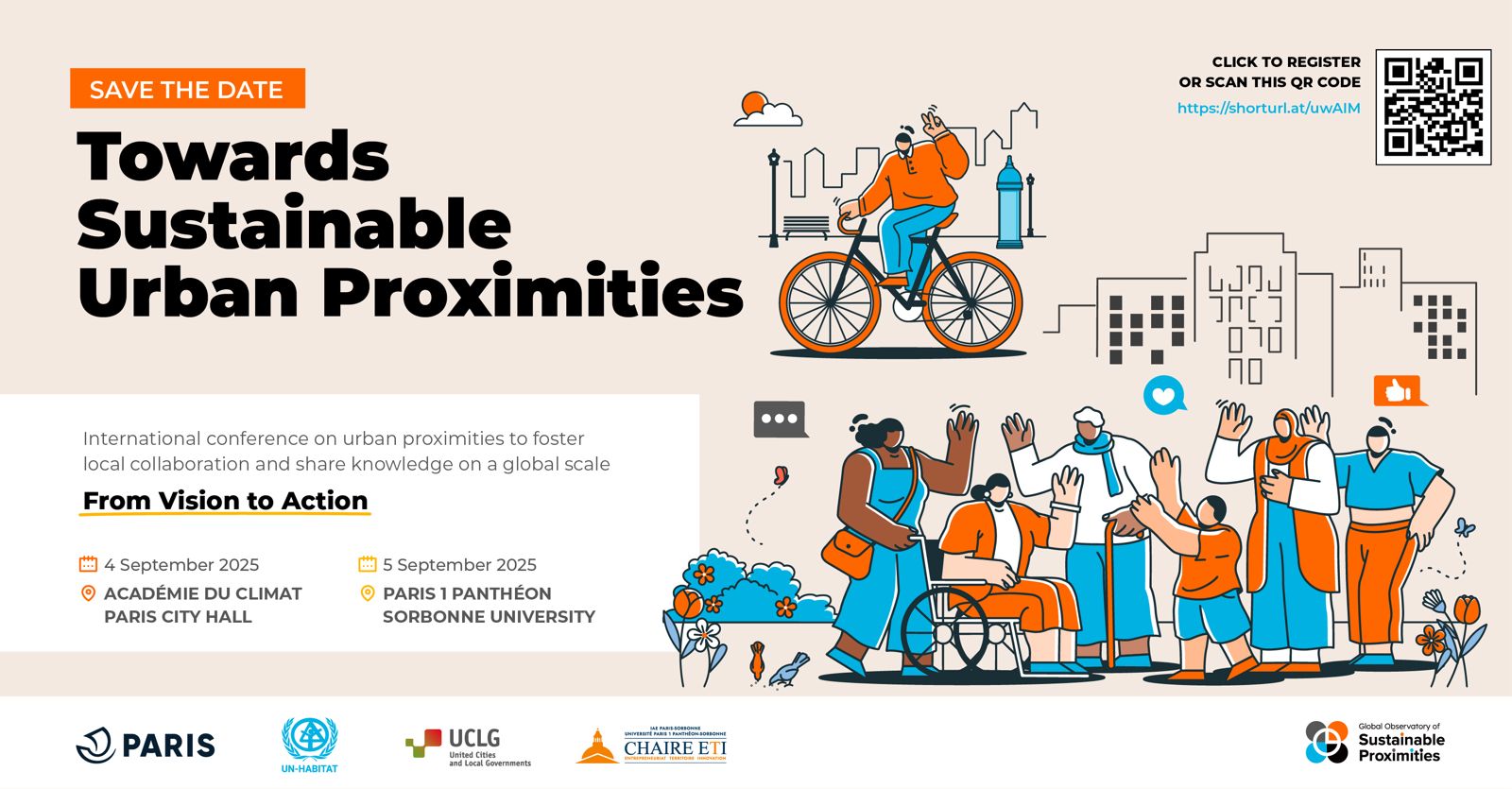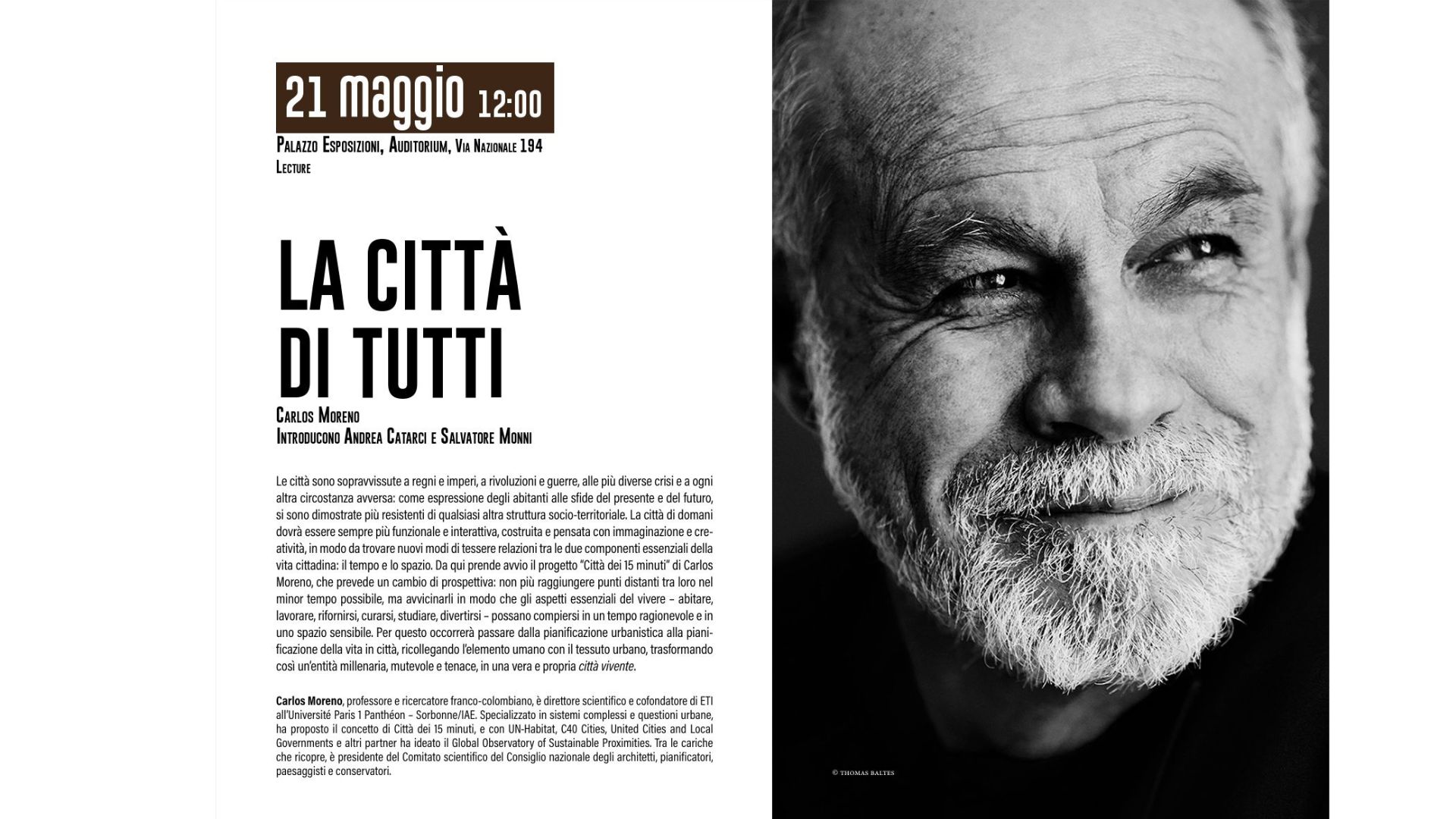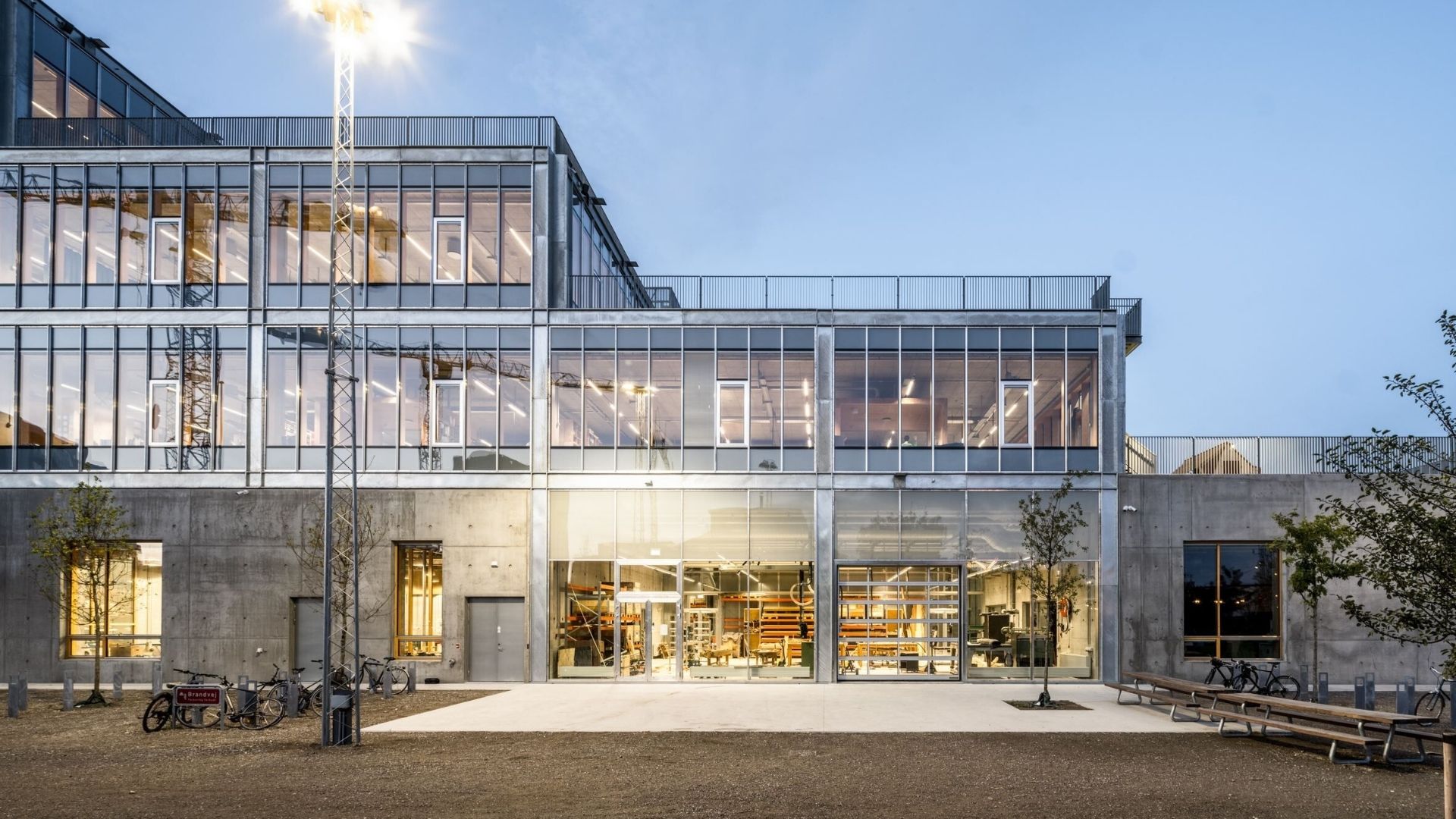
Invité par l’UNESCO, le Professeur Moreno intervient lors de la visioconférence organisée le 25 juin après-midi.
Cette visioconférence portera sur la thématique des villes pendant et au-delà du Covid-19 avec une dimension prospective sur la ville de demain.
Elle est organisée autour du réseau des villes créatives de l’UNESCO par l’Unité Communication, Villes et Evènements, du Secteur de la culture à l’UNESCO.
Le Réseau des villes créatives de l’UNESCO (RVCU) a été créé en 2004 pour promouvoir la coopération avec et entre les villes ayant identifié la créativité comme un facteur stratégique du développement urbain durable. Les 246 villes qui forment actuellement ce réseau travaillent ensemble vers un objectif commun : placer la créativité et les industries culturelles au cœur de leur plan de développement au niveau local et coopérer activement au niveau international.
E-Debate 3: A More Resilient Future: Imagining the Cities of Tomorrow
As cities manage their immediate response to the COVID-19 pandemic and are looking ahead to plan and resource long-term recovery efforts, there is an opportunity to transform cities in meaningful ways that not only protect vulnerable people from immediate threats but also build resilience for the looming climate crisis and other emergencies. This work must be guided by the Sustainable Development Goals, in particular, Goal 11 ‘Make cities and human settlements inclusive, safe, resilient and sustainable.’ Other complementary elements may include, use of new technology such as big data and Artificial Intelligence, socio-economic demographics including gender-disaggregated data, consultancy studies, technical and administrative assistance, global inter-city collaboration. The panel will discuss how the current crisis can be seen as an opportunity to rethink the way we live in cities, the symbiosis between cities and their inhabitants, the role of physical and virtual urban public spaces, and thus to design the cities of tomorrow. Cities are redefining their identity and priorities. It will consider how cities can rethink their urban policies to strengthen their risk preparedness and response capacity, and become more resilient by making cities smarter, greener, more inclusive and resilient.
